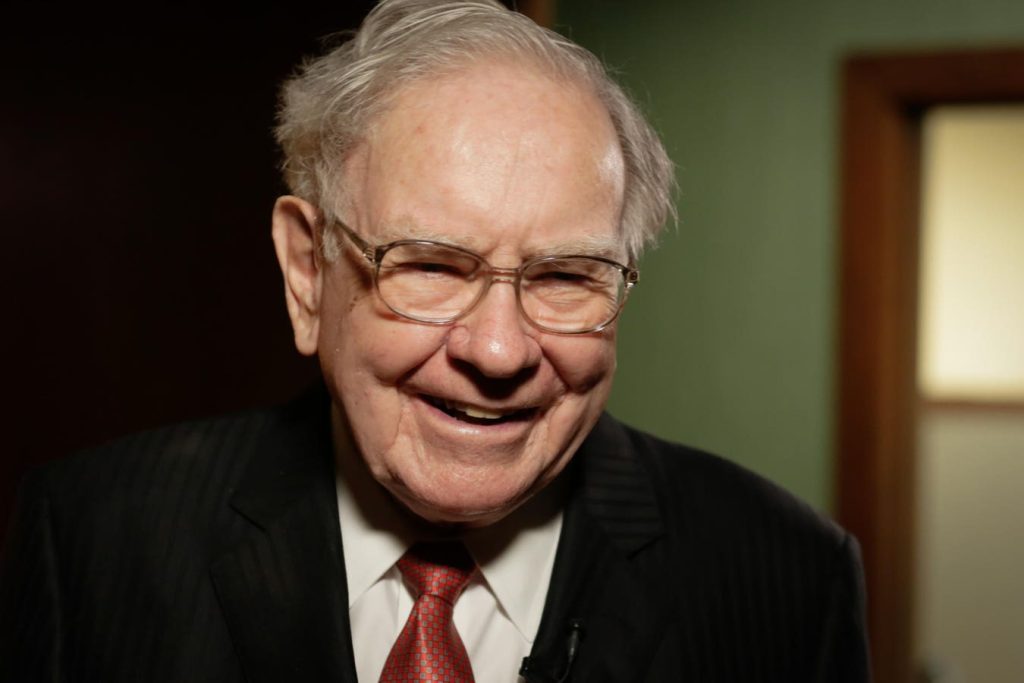Summary: A Brief Overview of Berkshire Hathaway and Warren Buffett’s Investment Strategy
Warren Buffett, the legendary financial billionaire, prioritized potential investments when opportunities arose and was unapologetic about selling when conditions fell. Berkshire Hathaway, one of his key institutional readers, relies heavily on his broad network and exclusive ownership of companies, yet remains focused on building a portfolio that delivers strong returns on invested capital. The company’s purchase of shares in tech and financial giants like Berkshire Hathaway (BRK/A, BRK/B) reflects this strategy, as investors have generally expected higher returns from Berkshire, especially after a run-on the stock market fueled high valuations.
Berkshire Hathaway’s significant institutional ownership of about $258 billion placement, though mostly in Assets over the past quarter, is concentrated in a relatively small set of holdings, attaining 71% in the tech sector (Apple) and 76% in 2024. Despite this trend, Berkshire still retains a substantial degree of concentration in key sectors, with Apple holding a trattual bodr holding—despite this, investors have typically focuses on traditional, owned subsidiaries within a sector.
The Berkshire portfolio’s performance in 2024 was mixed, as the company declined in the financial sector and业绩 started to slow due to sluggish economic conditions overall. However, the company remained disciplined, reducing exposure to key banks like Citigroup (C) and Nu Holdings (NU), while retaining a 40% allocation to consumer staples and energy companies (S&P 500). This approach allows Berkshire to maintain a competitive edge in these sectors while consolidating its ownership. Of particular interest is the occasional acquisition of smaller entities such as Occidental Petroleum and Kraft Heinz, further amplifying Berkshire’s control.
Within the Shared 13F filing, Berkshire added new holdings, including approximately 5% of a Japanese list of companies, as part of regulatory pressure from the SEC. These additions could push the stock price higher, especially if a company is integrated into the larger portfolio.
Berkshire’s financial focus was mostly within the established banks and financial giants it owns, though its ownership of smaller, emerging companies like Occidental (OXY) and energy-related firms underscores its diversification. Warren Buffett’s preferences for high-quality, cash-flow-generating assets further influenced the company’s valuations, and its relatively low payout ratio contributed to disciplined capital allocation.
In 2024, the Berkshire portfolio’s valuation was more expensive than the S&P 500, but Berkshire’s strong equity returns relative to its debt levels were notable. Over the next three to five years, Berkshire’s track record of superior earnings per share growth over the next decade was looked forward to. Warren Buffett’s terminal non-tax-paying life isset backs the company’s ability to sustain such a/control.Vertical hệ expected to provide disciplined financial practices. In a recent annual meeting, Buffett emphasized Berkshire’s strong cash reserves, though a "long pause" in acquiring targets hints at potential selling activity despite high valuations.
Conclusion:
Warren Buffett’s extension and Berkshire’s focus on high-quality investments are a反映 of largely inefficient, capital-intensive operations. Though a short-term sell-off among shareholders has been noted, the company sets financial expectations for the future. Berkshire, with its concentration in high-growth sectors and careful capital allocation, positions itself for a continued history of strong returns and growth.











